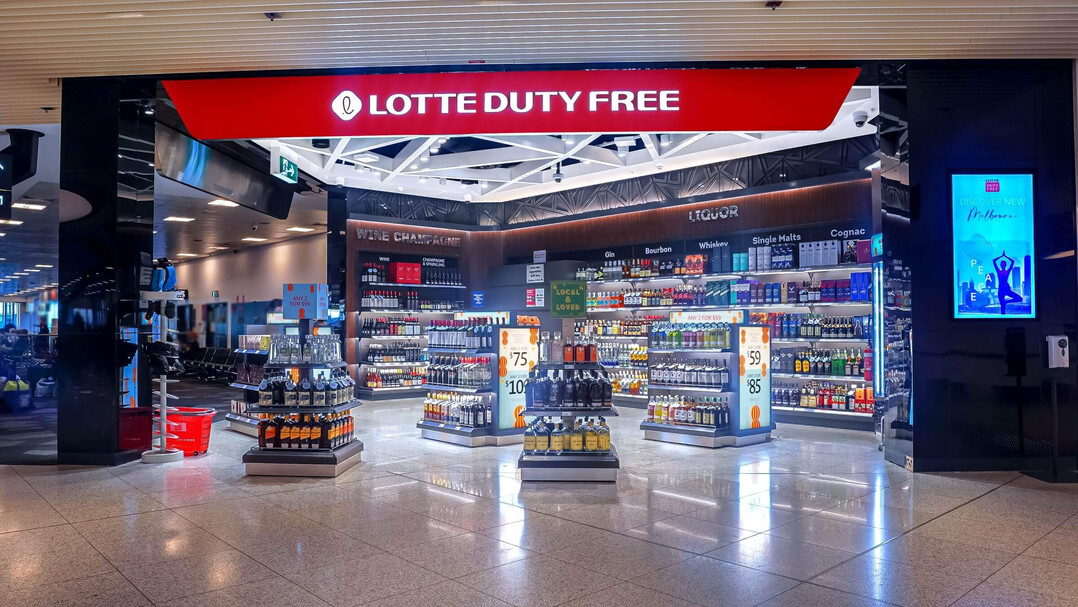
Seoul, South Korea — South Korea's duty-free industry faces a major downturn as per-person spending by foreign tourists sharply declines, a stark contrast to the significant rise in tourist arrivals. The trend highlights a fundamental shift in consumer behavior and poses a "crisis of survival" for the sector.
According to data from the Korea Duty-Free Association and industry sources, July's sales totaled 919.9 billion KRW, an 8.6% decrease from the same period last year. This slump occurred even as the number of visitors and shoppers at duty-free stores increased by 9.2%. Consequently, the average per-person purchase dropped to 356,000 KRW, a 16.4% reduction from the previous year.
This spending decline marks a dramatic departure from the peak in 2021, when "daigou," or professional resellers, drove average purchases to 2.63 million KRW per person. That figure has since plummeted to 434,000 KRW for the first seven months of this year.
The industry attributes the sales slump to the changing shopping habits of international tourists. While the global popularity of K-content, exemplified by productions like the Netflix anime "K-Pop Demon Hunters," has fueled a surge in tourism, visitors are increasingly opting to spend at local retail outlets rather than duty-free shops.
Stores such as Olive Young and Musinsa have posted record-high profits, drawing tourists with innovative services like interactive experiential zones and enhanced payment convenience. This has created a competitive disadvantage for duty-free stores, which are now perceived as having a limited and less appealing selection.
The financial strain is mounting, with major operators like Shinsegae and Shilla Duty Free reporting a shift to a deficit in the second quarter. An industry official stated that a change in shopping patterns has made the duty-free business more challenging than in the past. Operators are now banking on the start of visa-free entry for Chinese tour groups to revitalize the sector.
The deepening crisis has also ignited a high-stakes dispute between duty-free operators and the Incheon International Airport Corporation over lease payments. The duty-free stores contend that rent, which is tied to passenger volume, fails to account for the dramatic decrease in per-person spending. As negotiations have stalled, the prospect of major operators withdrawing from the airport remains a distinct possibility.
[Copyright (c) Global Economic Times. All Rights Reserved.]




























